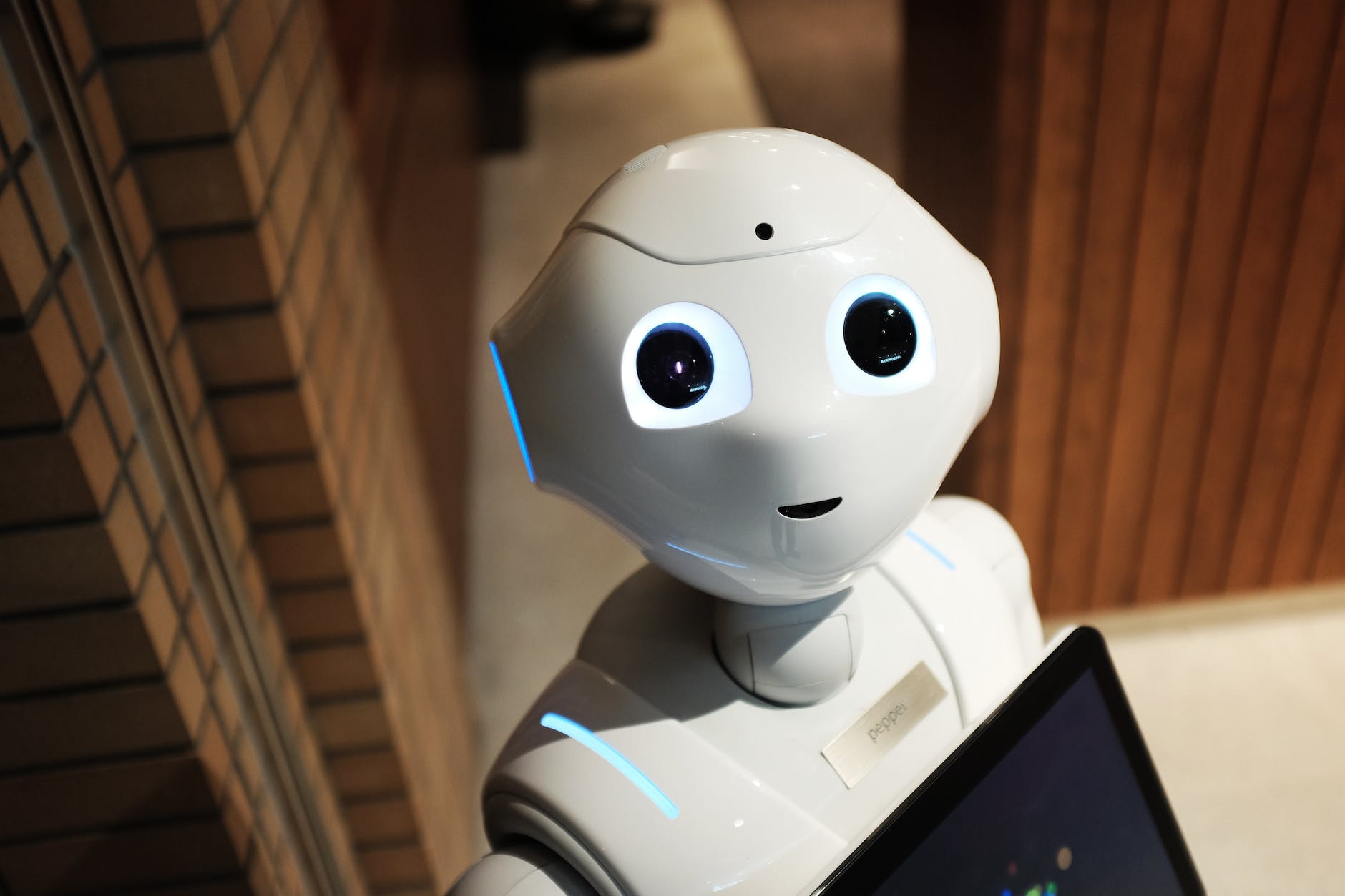EU proposes new copyright rules for generative AI
By alexandreTech
EU proposes new copyright rules for generative AI
The European Union has taken a strong stance on copyright issues and has proposed new rules for generative AI. These new rules will aim to protect creators and prevent theft of their intellectual property by AI systems. Generative AI is technology that can autonomously create music, art, or other content without the need for human input. This technology has the potential to revolutionize the creative industries, but it also poses challenges for copyright law.
What is Generative AI?
Generative AI is a class of AI that is based on machine learning algorithms. It has the ability to create content on its own, without the need for human intervention. The technology is used in a wide range of applications, from video game design to music composition. However, the use of generative AI raises important questions about the ownership of intellectual property rights.
Generative AI has been used to create songs, paintings, and even entire novels. The technology works by analyzing existing data to identify patterns and then using those patterns to produce new content. While this can be incredibly useful, it also raises concerns about copyright infringement. If an AI system creates a piece of art that is similar to an existing work, who owns the copyright?
The Need for New Copyright Rules
The European Union has recognized the need for new copyright rules to address these issues. The proposed rules would require AI systems to identify themselves as the creator of any content they produce. This means that any copyright claims would be attributed to the AI system itself. In addition, the rules would require companies to disclose the use of generative AI in any works that are created using the technology.
These rules are designed to protect the rights of creators while still allowing for the use of generative AI. They represent an important step forward in the regulation of artificial intelligence and its impact on the creative industries.
The Impact of the New Rules
The new copyright rules will have a significant impact on the use of generative AI in the creative industries. Companies that use generative AI will need to disclose its use and ensure that their systems are properly identified as the creators of any content they produce. This will provide greater clarity and transparency for consumers and creators alike.
Some have argued that the new rules could stifle innovation in the creative industries. They worry that the requirements to attribute copyright to AI systems could discourage companies from using generative AI altogether. However, proponents of the new rules argue that they are necessary to protect the rights of creators and ensure that generative AI is used in a responsible way.
The Future of Generative AI and Copyright
The proposed new copyright rules for generative AI are just the beginning of what is likely to be a long and complex regulatory process. As technology continues to advance, new challenges will arise, and regulations will need to adapt to address them.
Despite the challenges, the potential benefits of generative AI are too great to ignore. This technology has the potential to revolutionize the way we create and consume art, music, and other content. With the right regulatory framework in place, we can ensure that these benefits are realized while still protecting the rights of creators and consumers.
The European Union’s proposed new copyright rules for generative AI represent an important step forward in the regulation of artificial intelligence and its impact on the creative industries. The rules will require greater transparency and accountability for companies that use generative AI while still allowing for innovation and creativity. While there are certainly challenges to be addressed, the future of generative AI and copyright looks bright.





